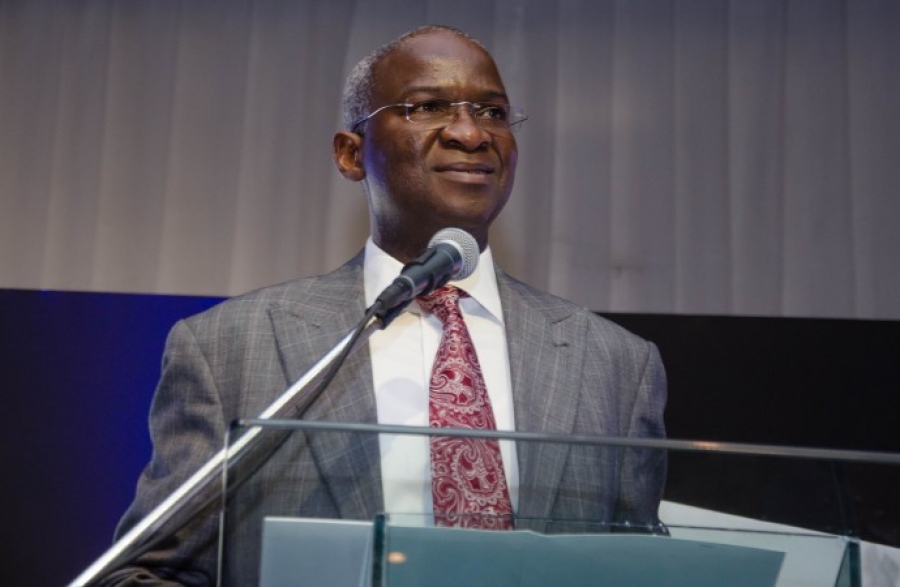- Generation Firms Demand Increase in Electricity Tariff
Power generation companies in the country have insisted that the Federal Government must increase electricity tariff.
The Vice Chairman, Mainstream Energy Solution, Ismaila Funtua, made the demand in an interview with State House correspondents on the sidelines of the Quarterly Presidential Business Forum held at the Presidential Villa.
Funtua said the representatives of the Gencos had asked for a meeting with the Acting President, Yemi Osinbajo, and the Minister of Finance, Central Bank of Nigeria Governor and the Minister of Power, Works and Housing to sort out issues that were serving as impediments to their business.
He stated, “Whether the government likes it or not, they have to review the tariff of power in this country. All those playing politics with it that they do not want to increase, people do not want to hear of this.
“This is my cell phone, you pay for it even before you make use of it and nobody is controlling their tariff. They charge what they want and all of us we have at least one cell phone, therefore government needs to do the needful.
“If the government wants power, then they cannot continue subsidising for people. You were there when the Minister of Power was saying that people who have ability to pay will pay, but those government needs to subsidise will be subsidised for.”
He added, “Many people are talking about the review of the privatisation of power without knowing where we started from, where we are today, are we owed money or are we not owed money?
“These monies, some of them belong to the banks, some of them belong to us, where are we today? That is why we cannot discuss with the Acting President here in this assembly, we asked for a private meeting where serious decisions can be taken.”
While describing power as very important to economic development of any nation, Funtua said Nigeria could not afford to continue with the present arrangement.
He stated, “The way we are going, we are producing power; government cannot pay because they have no business paying. You are consuming power, you want the government to pay for you. It is not right.
“You are using cell phone, government is not paying for that, you pay for it yourself. We are used to wastage of power, you leave your living room and leave the power on. If you know you are paying the right tariff, you will switch the power off.”
Also calling for tariff hike, the Managing Director, Egbin Power Plc, Kola Adesina, said there were costs that the Gencos incurred in trying to generate electricity and the current structures on ground were not business-friendly since electricity was not political but business inclined.
On the 4,000 Megawatts generation earlier stated by the Minister of Power, Works and Housing, Babatunde Fashola, while speaking at the forum, Adesina said the value chain of electricity had to be dealt with right from the fundamentals, which include gas availability, an end to vandalism, gas supply to the power facilities, while the generating companies must also be ready to receive the gas.
He said, “If evacuation is not impaired, invariably the distribution companies will receive that power into their various transformers and the power can then get to our various homes.
“Essentially, that chain must be enhanced and must be evidence that there is a willingness to do it by each of the segments of the sector; nobody must drop the ball hence, 4,000MW will become achievable.”

 Naira4 weeks ago
Naira4 weeks ago
 News3 weeks ago
News3 weeks ago
 Education4 weeks ago
Education4 weeks ago
 Social Media4 weeks ago
Social Media4 weeks ago
 Economy4 weeks ago
Economy4 weeks ago
 Investment4 weeks ago
Investment4 weeks ago
 Dividends4 weeks ago
Dividends4 weeks ago
 Business3 weeks ago
Business3 weeks ago





























